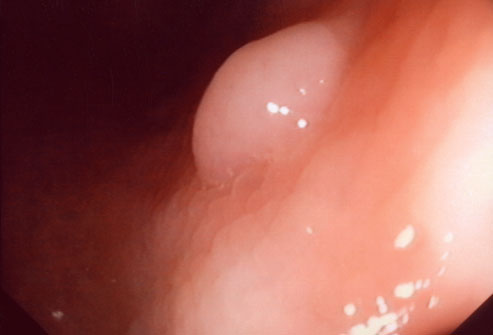
People who regularly took a low dose of aspirin for 20 years had a lower risk of colon cancer and death, a new analysis shows.
Dr. Peter Rothwell of the University of Oxford led a team that pooled the results of four clinical trials in the United Kingdom and Sweden that studied more than 14,000 people. Half were randomly assigned to take aspirin daily and half took a placebo. in a fifth trial, different doses of aspirin were compared.
After 20 years, there were 25 percent fewer colon cancer cases and 35 percent fewer deaths in the aspirin group. the benefit appeared seven to eight years after participants started taking aspirin. There was no reduction in rectal cancer cases.
Patients did not get any added benefit from taking doses over 75 milligrams per day — just under the American “baby aspirin’’ dose of 81 milligrams — and very low doses of 30 milligrams seemed to be less effective.
There were differences in where colorectal cancer developed. Aspirin use cut the risk of cancer in the upper colon by 55 percent.
BOTTOM LINE: People who took low-dose aspirin for 20 years had a reduced risk of colon cancer and death during that period.
CAUTIONS: Aspirin can cause bleeding in the digestive tract, and people seeking treatment for bleeding might have been diagnosed with colon cancer sooner than if they weren’t suffering from that side effect. That early detection could have affected mortality rates among aspirin users.
WHERE TO FIND IT: the Lancet, online Dec. 7
Cranberry remedy looks questionable many women believe drinking cranberry juice works to prevent urinary tract infections, and some scientific studies have backed them up. a new clinical trial that was larger and more rigorous than previous research found the opposite: Women who drank cranberry juice after having a urinary tract infection were no less likely to have a recurrence than women who drank a placebo.
“it is possible that the placebo juice inadvertently contained the active ingredients that reduce urinary tract infection risk, since both juices contained Vitamin C,’’ said Betsy Foxman of the University of Michigan School of Public Health. Foxman and her colleagues conducted the study.
“another possibility is that the study protocol kept participants better hydrated, leading them to urinate more frequently, therefore decreasing bacterial growth and reducing urinary tract infection symptoms.’’
BOTTOM LINE: Women who drank 8 ounces of cranberry juice twice a day after having a urinary tract infection were not less likely to have a recurrence in six months than similar women who drank juice without cranberry’s active ingredient.
CAUTIONS: Scientists are uncertain what the actual active ingredient in cranberry juice might be.
WHERE TO FIND IT: Clinical Infectious Diseases, Jan. 1
© Copyright 2010 Globe Newspaper Company.